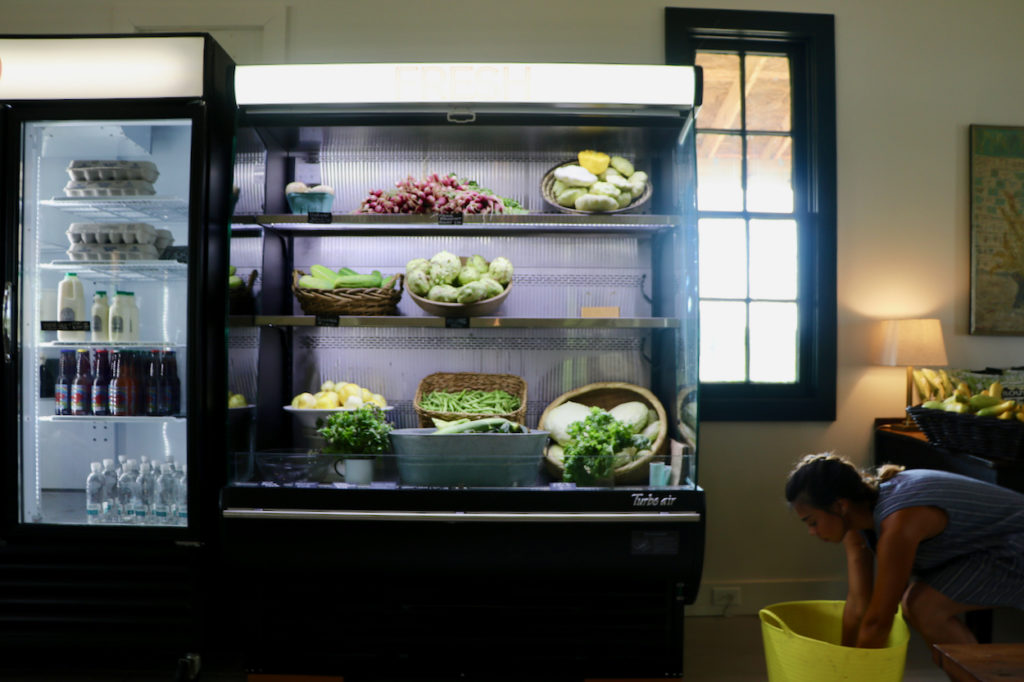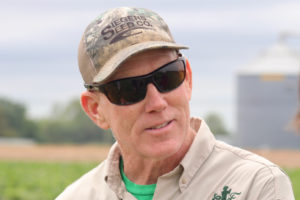
COURTHOUSE – The Agriculture Advisory Commission will consider whether activities such as craft beer or wine sales or assembly uses, such as holding weddings, are appropriate on farmland, including properties enrolled in the city’s agricultural reserve program, or ARP.
There are constraints on activities within the ARP, a farmland preservation program that buys development rights to help keep land productive for agricultural purposes. The body may consider whether to make a policy recommendation to city officials, potentially because activities such as weddings can compliment agritourism.
Two local businesses recently asked the Virginia Beach Agriculture Advisory Commission to consider activities that are not allowed on their properties.
In one case, a farm market in Pungo wants to sell local beer and wine for off-premises consumption. In another, a local farming family wants to be able consider the opportunity to hold events such as weddings on agricultural land within the ARP.
Virginia Beach Agriculture Director David Trimmer said during an interview that the commission would likely revisit the matter during its next meeting in October. There may be discussion of considering updates to ordinances to allow for consistency between land in the ARP and agricultural land that is not in the program.
“I want it to be consistent, and I think the committee wants it to be consistent,” Trimmer said. “You don’t want to create barriers between either one. What’s good for one should be good for the other.”
The advisory commission heard information from the respective farms during its most recent meeting. Kevin Jamison of the Commune restaurants in Virginia Beach and Norfolk and a co-owner of New Earth Farm in Pungo spoke to the commission on Monday, July 10.
“We built a sizable market for the farm with the idea in mind that we would be able to sell any variety of locally produced products,” he said. At one point, New Earth considered building a brewery before deciding against it.
Jamison said New Earth wants to sell Virginia beer and wine for off-premises consumption as part of its efforts to promote local agriculture. “That’s been our goal since day one, and we know we’ve done a really good job at it,” he said. “So we did want to include beer and wine sales – Virginia produced beer and wine sales – at the farm.”
Jamison said New Earth applied for an ABC license, but was rejected. Its market sells agricultural and related products, considered an “agritourism” use, according to a zoning determination letter from November that found sales of beer, wine and spirits do not count.
“It is my determination that alcoholic beverages (beer, wine and spirits) are not an agricultural or agricultural-related product based on the definition in section 401 of the city zoning ordinance,” Kevin Kemp, the city’s zoning administrator, wrote on Nov. 16.
Also during the July meeting, Mike Cullipher of Cullipher Farm suggested allowing expanded activities on ARP property, not having “dual standards” between ARP and agriculturally-zoned land outside the program. He said other agricultural properties that are not within the ARP have been able to secure conditional use permits for assemblies.
“Like most folks, we’re trying to attract more people not only to our farm but to the area in general,” Cullipher said.
Allowing weddings and assemblies on land within the ARP would help, he said. Such things might be governed by a conditional use permit, and issues such as parking, access and traffic could be part of determintions.
Don Horsley, a Blackwater farmer and a member of the Virginia Beach Planning Commission, said such requests possibly could be considered as part of an update to the ARP ordinance.
“In 1995, when we put ARP into effect, we weren’t trying to tie people’s hands,” he said. “We were trying to preserve a lifelong industry in the city of Virginia Beach. I think that’s still the ultimate goal of the agricultural reserve program. And I can see we might need to make some tweaks in our ordinance.”
Billy Vaughan, a member of the advisory commission, noted that family farms need to diversify to remain viable.
City Councilmember Barbara Henley, who represents the Princess Anne District, said she would abstain from decisions about the uses because her family farm is in the ARP. In an interview, she said the ARP ordinance would need to be modified if such things were to be allowed. “I think the right thing is for me not to participate,” she said.


© 2018 Pungo Publishing Co., LLC


The arp pays members taxpayer money not to develop. Wine sales and weddings are business ventures. These developments should only be allowed by landowners not collecting arp payouts.